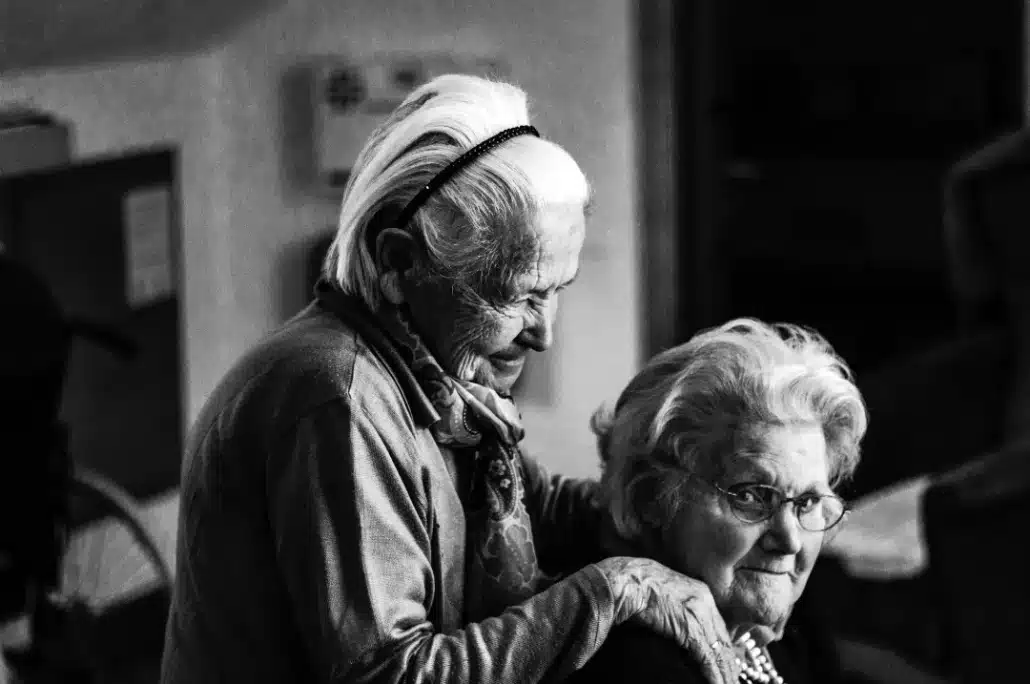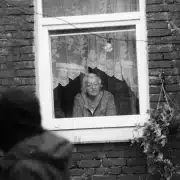Understanding the Types of Residential Care Facilities
Table of Contents
ToggleAs we or our loved ones age, there may come a time when additional care and support are needed. Residential care facilities provide a safe and supportive environment for elderly individuals who require assistance with daily activities and healthcare needs.
In Australia, there are various types of aged care facilities available, each catering to different levels of care and personal preferences.
In this blog post, we will explore the different types of residential care facilities, including nursing homes, assisted living facilities, and care homes for the elderly. Whether you’re searching for “nearest care home to me” or interested in learning about “residential aged care,” this guide will help you understand your options.
Types of Residential Care Facilities
Nursing Homes
Nursing homes, also known as aged residential care, offer comprehensive 24-hour nursing care for elderly individuals with complex medical conditions or disabilities. These facilities have registered nurses and healthcare professionals available round the clock to provide medical care, administer medication, and assist with activities of daily living. Nursing homes in Australia are designed to meet the specific needs of residents who require a high level of medical attention and support.

Assisted Living Facilities
Assisted living facilities provide a balance between independent living and personalised care. These facilities are suitable for elderly individuals who can manage some activities independently but require assistance with certain tasks such as bathing, dressing, and medication management. Assisted living facilities offer private or shared accommodation, communal dining areas, social activities, and onsite support staff. They aim to promote independence while ensuring that necessary care and assistance are readily available.
Residential Care Homes
Residential care homes, also referred to as care homes for the elderly, are community-based facilities that provide accommodation and personal care for seniors. These homes typically offer a homely environment with private or shared rooms, communal living spaces, and access to social activities. Trained staff members are available to assist residents with personal care, meals, medication management, and other day-to-day activities. Residential care homes emphasise creating a supportive and inclusive community for older individuals.

Independent Living Villages
Independent living villages are suitable for seniors who are relatively self-sufficient and do not require significant assistance with daily activities. These retirement communities offer private or semi-independent living units such as apartments or villas within a secure and social environment. Residents have access to communal facilities, recreational activities, and social events. While independent living villages may not provide on-site healthcare services, they often have arrangements with external service providers to ensure residents’ needs are met.
Dementia-Specific Care Facilities
For individuals living with dementia or Alzheimer’s disease, specialised care facilities are available. These facilities are designed to provide a safe and secure environment that caters to the unique needs of those with cognitive impairments. Dementia-specific care facilities offer specialised programs, memory care units, and trained staff members who are experienced in supporting individuals with dementia. They focus on creating a familiar and structured environment to promote cognitive function and overall well-being.
When searching for a suitable residential care facility, it’s important to consider several factors. These include the location, cost, quality of care, available services, and the facility’s reputation. Conducting thorough research and visiting potential facilities can help you make an informed decision that aligns with your or your loved one’s needs and preferences.
In Australia, the government provides support and subsidies for residential aged care through the Aged Care Assessment Team (ACAT) process. It is essential to contact your local ACAT or My Aged Care to undergo an assessment to determine eligibility for government-funded care and services.

In conclusion, residential care facilities offer a range of options for elderly individuals in need of additional care and support. Whether it’s nursing homes, assisted living facilities, residential care homes, independent living villages, or dementia-specific care facilities, each type caters to specific requirements and preferences.
By understanding the different types of residential care facilities and conducting thorough research, you can make an informed decision that ensures the well-being and quality of life for yourself or your loved ones.
Remember, when seeking the “nearest care home to me” or considering “care homes for the elderly,” take into account factors such as location, cost, quality of care, and available services. With proper planning and research, you can find the right residential care facility that meets your specific needs and provides the support and care necessary for a comfortable and fulfilling life.









